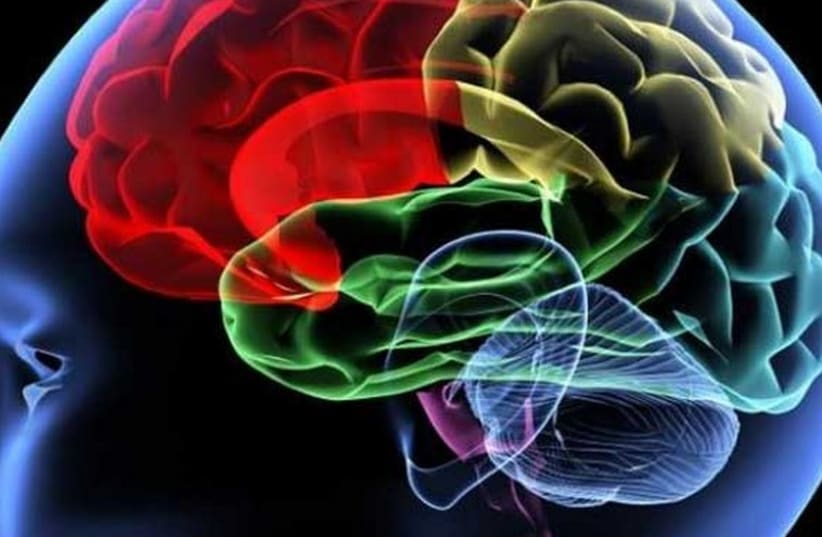Israeli researchers note possible link between Parkinson's and COVID-19
"We diagnosed parkinsonism, meeting the Movement Disorders Society Unified Parkinson's Disease Rating Scale criteria for the diagnosis of probable Parkinson's disease," researchers explained.
